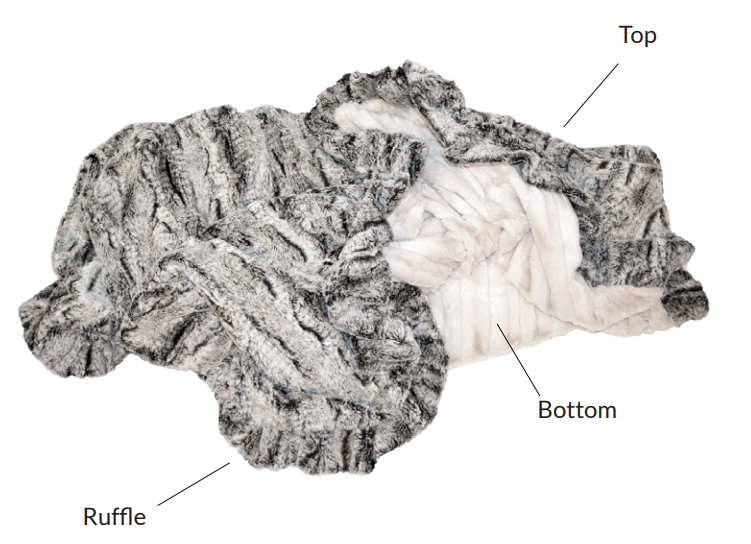Man's Best Friend
“Man’s best friend” has been the canine companion’s pseudonym for decades. It is not hard to understand why—dogs are playful, loyal and absolutely adorable friends to have. Yet the breadth of canine companionship’s benefits is overlooked. Beyond contributing fluffy boisterous amusement, dogs also help maintain emotional health.
The growing field of Animal Assisted Therapy demonstrates just that. Psychologists in this field continually lead research illustrating the health benefits of man-dog relationships for mental health. Dr. Levinson, the most widely recognized pioneer of the field, noticed in the early 1960’s that his child patients suffering from severe depression and anxiety would express emotional betterment in the presence of dogs. This prompted him to further research the link between time spent with animals and human mental wellness.
Dr. Levinson’s curiosity on the topic catalyzed a new way to conduct psychotherapy. The methods derived from the psychologist’s observations, Animal Assisted Therapy, aim to introduce an animal as an integral aspect of the treatment plan. Usually, patients suffering from depression and or anxiety are encouraged to interact with a dog within controlled environments. The professional overseeing treatment then monitors patient progress vis-à-vis pre-established health goals.
Animal centered interventions are widespread and eclectic in their application, trajectories and method, yet their benefits on the human psyche are unvarying. The positive impact of Animal Assisted Therapy can thus be extrapolated to the common owner-pet dynamic. Evolutionary psychology tenets pose interesting theories as to how owning a dog can elevate the mood.
One of those theorized mechanisms is social. Men and women thrive in communal settings. Having social support is an important factor in mental wellness. Research shows that the quality of one’s social network is an important predictor of longevity. Though dogs do not possess the human capacities of speech and material gifting (common types of social support), they address the human need for community in several ways, two of which are explored below.
First, they provide companionship. While dialogue may be absent, physical proximity and affection are abundant. More and more research shows that physical touch reduced stress levels and elevates mood. The feel-good hormone oxytocin is primed by physical affection. Such forms of bonding also release endorphins, chemicals released by the brain to create feelings of pleasure. These chemical reactions not only boost mood, but help reduce stress, blood pressure and anxiety. Happiness and stress reduction are therefore some mechanisms for the mental health benefits of having a dog.
Second, they are social lubricants. Beyond being friends, dogs can help their owners make friends. Customarily, owners walk their pets. The positive impact of regular dog walking is twofold: the obvious cardio exercise and the less obvious opportunity for social interchange. Dogs are conversation starters, whether among fellow dog lovers or curious strangers, pets are seamless communication facilitators. Owners experiencing loneliness or social anxiety can thus harness the impact of their daily stroll to enhance their social life.
Owning a dog is therefore not only good for your mental health, through hormones and chemicals that fight stress, but it can increase longevity by improving connectedness with other people. Dogs can thus be integral to maintaining good health and happiness. A pet-owner relationship is hence a reciprocal, abundant partnership whose benefits exceed common parlance.
Article written by Melissa Beaulieu.


